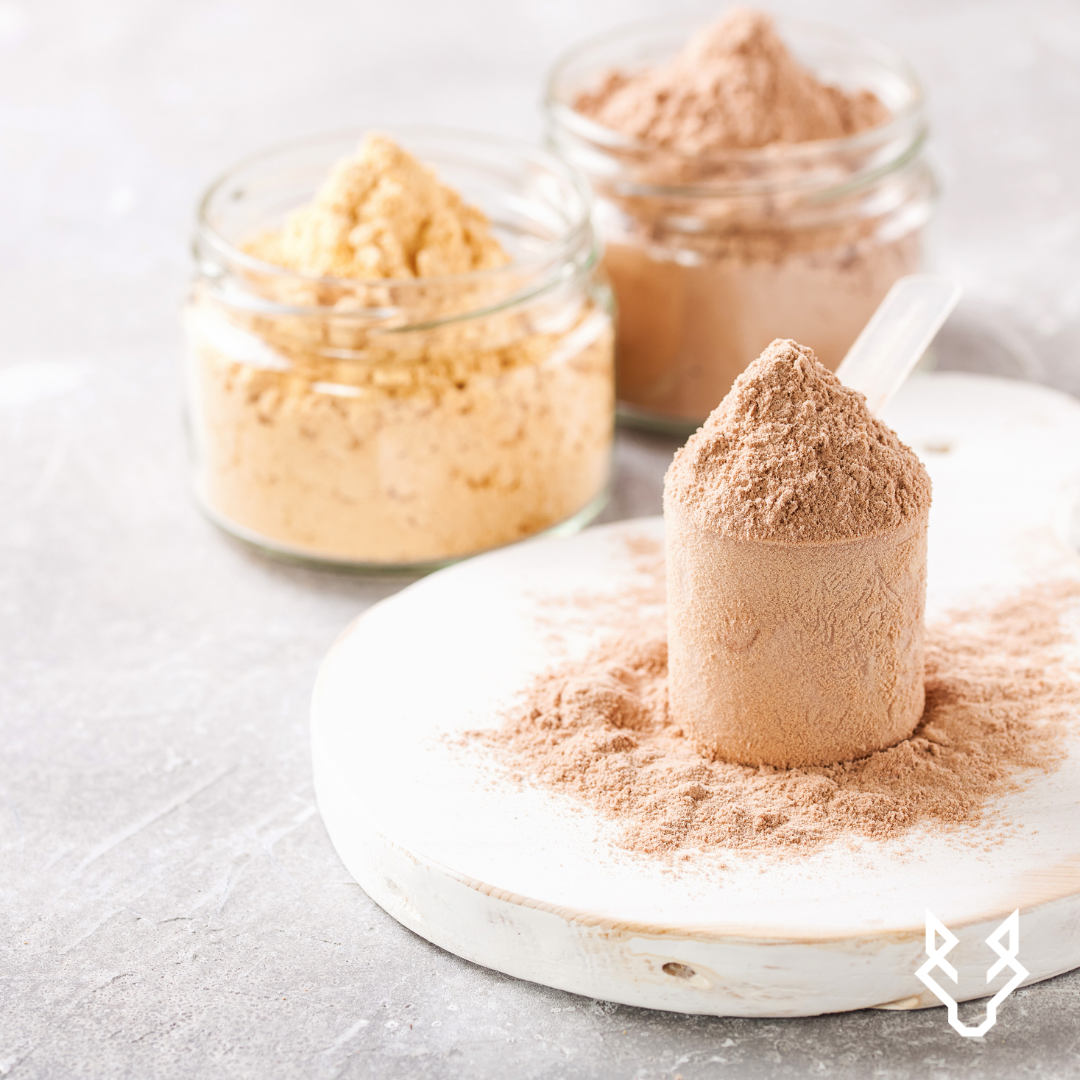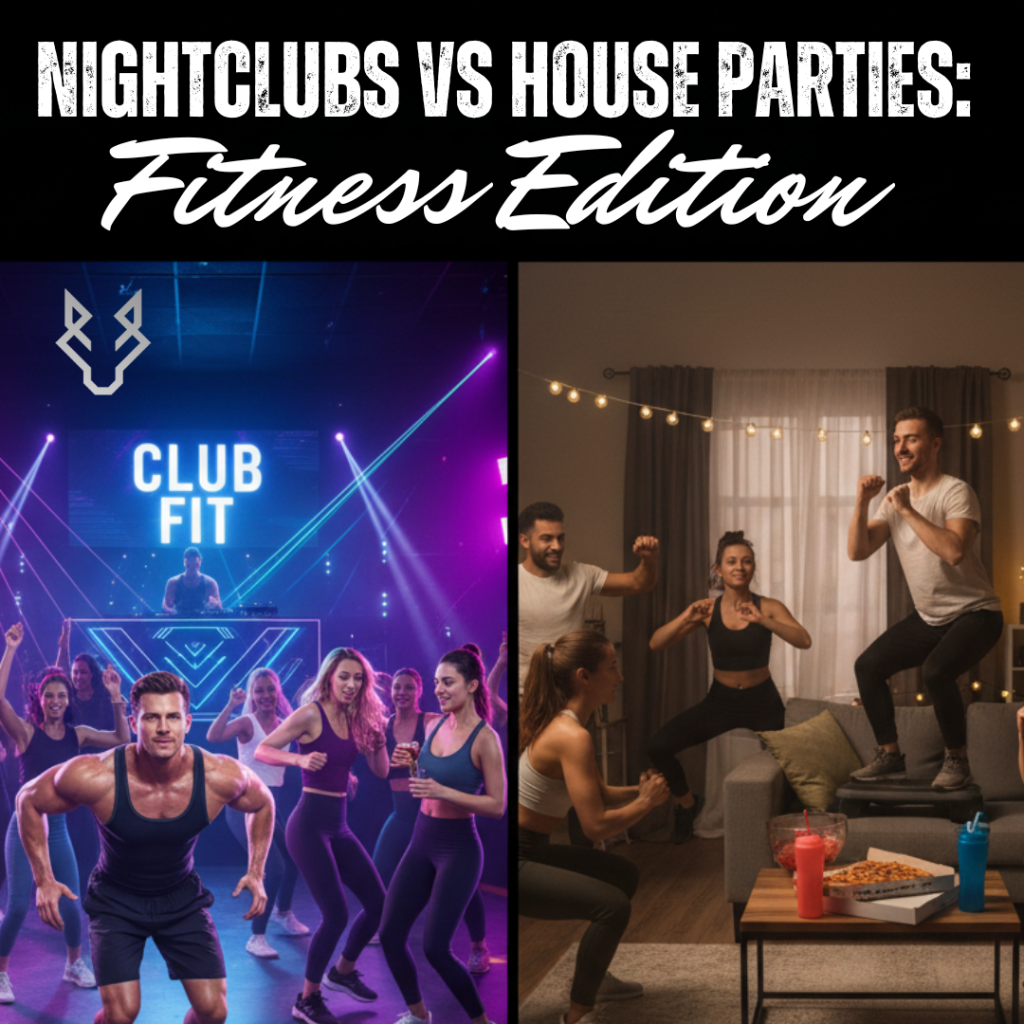Introduction:
In the world of fitness, supplements often generate a whirlwind of curiosity and confusion. While some supplements can be effective in enhancing your fitness journey, others may fall short of the hype. In this article, we’ll demystify the role of supplements in fitness by exploring what truly works and what doesn’t. Armed with this knowledge, you can make informed choices to optimise your health and performance.
Protein Supplements:
What Works: Protein supplements like whey or plant-based protein can help meet daily protein requirements, aiding muscle repair and growth, especially when dietary protein falls short.
What Doesn’t: Excessive protein intake won’t magically build more muscle. Balance is key; prioritise whole-food protein sources in your diet.
Creatine:
What Works: Creatine is well-researched and effective for improving strength and power in resistance training. It also aids in muscle recovery.
What Doesn’t: Creatine isn’t a shortcut to muscle growth; it complements a well-structured workout routine.
Branched-Chain Amino Acids (BCAAs):
What Works: BCAAs may help reduce exercise-induced muscle soreness and support endurance during long workouts.
What Doesn’t: For most, BCAAs are unnecessary if you consume a balanced diet rich in protein.
Pre-Workout Supplements:
What Works: Pre-workouts can boost energy and focus. They’re particularly helpful for intense workouts when you need an extra push.
What Doesn’t: Overreliance on pre-workouts can lead to dependency. They’re best used sparingly to avoid tolerance.
Multivitamins:
What Works: Multivitamins fill nutrient gaps in your diet, ensuring you get essential vitamins and minerals for overall health.
What Doesn’t: A multivitamin isn’t a substitute for a balanced diet. Focus on real foods to meet your nutrient needs.
Fat Burners:
What Works: Some ingredients like caffeine may boost metabolism temporarily, aiding fat loss when combined with diet and exercise.
What Doesn’t: Fat burners alone won’t lead to significant weight loss. They’re most effective as part of a comprehensive plan.
Fish Oil (Omega-3):
What Works: Omega-3 fatty acids in fish oil support heart health, reduce inflammation, and can benefit overall wellness.
What Doesn’t: Don’t rely solely on fish oil; it’s most effective as part of a balanced diet.
Vitamin D:
What Works: Vitamin D supports bone health, immune function, and may improve muscle strength.
What Doesn’t: Adequate sun exposure and dietary sources are often enough to meet your vitamin D needs.
Conclusion:
Supplements can complement your fitness journey, but they’re not magic pills. It’s essential to understand what works and what doesn’t, so you make informed choices. Prioritise a balanced diet, exercise consistency, and sound sleep; supplements should fill gaps, not replace the foundation of good health. Consult with a healthcare professional or nutritionist before adding new supplements to your routine to ensure they align with your specific goals and needs. Remember, success in fitness relies on a holistic approach that goes beyond the pill bottle.



